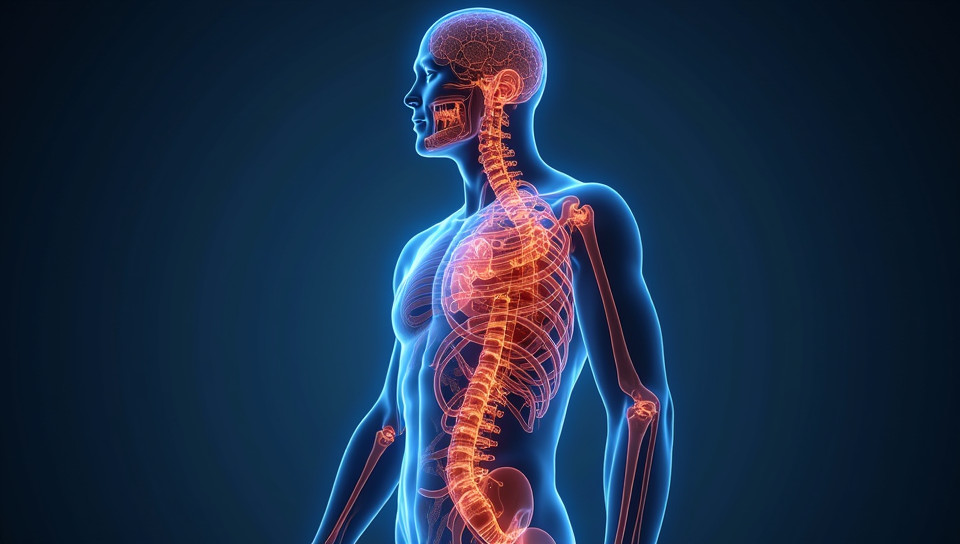Melatonin secretion maintains the body's natural circadian rhythm 72%

The Importance of Melatonin in Regulating Our Internal Clock
Have you ever wondered how our bodies know when it's time to sleep and wake up? It's all thanks to our internal clock, regulated by the release of melatonin, a hormone that plays a crucial role in maintaining our natural circadian rhythm. In this article, we'll delve into the world of melatonin and explore its significance in keeping our bodily functions in sync with the 24-hour day-night cycle.
What is Melatonin?
Melatonin is a hormone produced by the pineal gland, a small endocrine gland located in the brain. It's often referred to as the "sleep hormone" because it helps regulate our sleep-wake cycles. Melatonin levels typically rise in the evening, promoting relaxation and drowsiness, and decrease in the morning, allowing us to feel alert and awake.
The Circadian Rhythm
The circadian rhythm is a natural process that occurs in living organisms, including humans, plants, and animals. It's controlled by an internal clock that responds to light and darkness signals from the environment. When it's dark outside, our brain sends signals to the pineal gland to release melatonin, which then triggers a series of physiological changes that help us prepare for sleep.
The Role of Melatonin in Regulating the Circadian Rhythm
- Melatonin helps regulate the body's natural sleep-wake cycle
- It promotes relaxation and reduces stress levels
- Melatonin suppresses the production of cortisol, a hormone associated with stress and wakefulness
- It regulates body temperature, blood pressure, and heart rate
- Melatonin has antioxidant properties that protect against cell damage
The Consequences of Disrupted Melatonin Production
Disruptions to our natural circadian rhythm can have serious consequences on our overall health. Some common effects include: * Insomnia and sleep disorders * Digestive problems * Mood swings and depression * Weight gain or loss * Weakened immune system
Maintaining a Healthy Circadian Rhythm
While melatonin is essential for regulating our internal clock, there are several ways to maintain a healthy circadian rhythm: - Establish a consistent sleep schedule - Exposure to natural light during the day - Avoid screens and electronic devices before bedtime - Engage in relaxing activities before sleep, such as reading or meditation - Limit caffeine and heavy meals close to bedtime
Conclusion
Melatonin plays a vital role in maintaining our body's natural circadian rhythm. By understanding how melatonin works and its significance in regulating our internal clock, we can take steps to promote a healthy sleep-wake cycle and overall well-being. By prioritizing our sleep schedule, exposure to natural light, and engaging in relaxing activities before bed, we can ensure that our melatonin production remains on track, keeping us feeling refreshed, alert, and ready to take on the day.
- Created by: Jerren Gan
- Created at: Oct. 13, 2024, 10:05 p.m.
- ID: 12530





